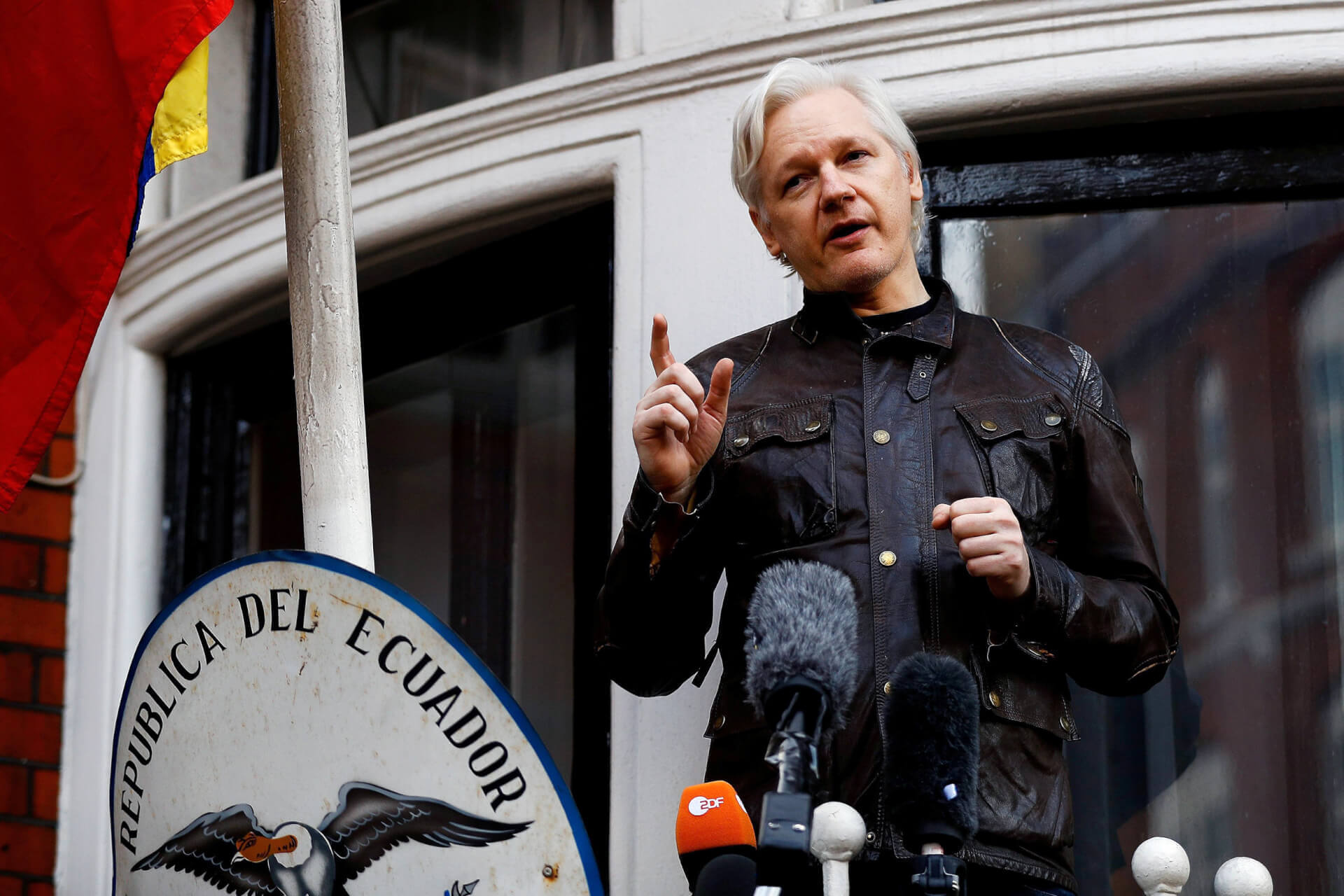An Ecuadorian court has revoked WikiLeaks founder Julian Assange’s Ecuadorian citizenship, accepting a claim filed by the country’s foreign ministry that his application for naturalisation had “multiple inconsistencies, different signatures, the possible alteration of documents, and unpaid fees, among other issues.”
Assange is currently in the high-security Belmarsh Prison in London. The United States (US) has repeatedly requested his extradition, where he faces a 175-year sentence on 17 charges of espionage and one charge of computer misuse. However, United Kingdom (UK) court ruled in January that extradition would be “oppressive.” Earlier this month, though, a British court allowed the US to appeal the lower court’s decision from January.
The WikiLeaks founder is accused of conspiring with former US military intelligence analyst Chelsea Manning to leak classified material in 2010, with many of these 500,000 documents uncovering corruption and war crimes. Assange also leaked documents to journalists, particularly on the military operations of the Allied and American forces in Afghanistan and Iraq.
Assange’s lawyers counter that he was merely acting in his capacity as a journalist and is thus protected by the First Amendment, which guarantees freedom of speech.
WikiLeaks was formed in 2006. However, it first hit the headlines after releasing a manual for American guards at Guantanamo Bay in 2010, which exposed the atrocities committed in the prison. Following this, WikiLeaks worked with several dissidents from across the world to target political leaders, governments and corporations from the United States, Europe, China, Africa, and the Middle East.
Fearing arrest following the massive leak, Assange fled to the Ecuadorian embassy in London in 2012 to avoid extradition and was subsequently granted asylum and then citizenship in January 2018. Ecuador initially planned to bestow Assange with diplomatic status after granting him citizenship, so that he could freely leave the embassy without fear of extradition or arrest. However, relations between the two soon soured. In fact, Assange allegedly rode scooters around the embassy, insulted staff, and even “smeared faeces on the walls.” This led to his asylum status being revoked, following which he was sentenced to prison by British police in April 2019 for violating the terms of his bail from a separate case from 2012.
Assange’s lawyer, Carlos Poveda, has responded by saying that the latest court decision was not legitimate because his client was not allowed to appear in court to contest the revocation. Poveda will, therefore, appeal the ruling, arguing that due process was not followed.
Ecuadorian Court Revokes Citizenship of WikiLeaks Founder Julian Assange
Assange’s lawyer, Carlos Poveda, has responded by saying that the latest court decision was not legitimate because his client was not allowed to appear in court to contest the revocation.
July 29, 2021

IMAGE SOURCE: PETER NICHOLLS / REUTERSWikiLeaks founder Julian Assange
